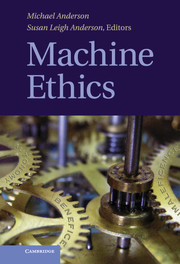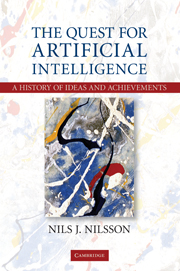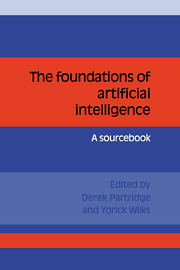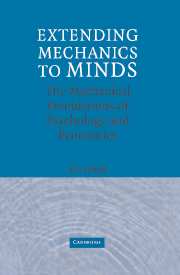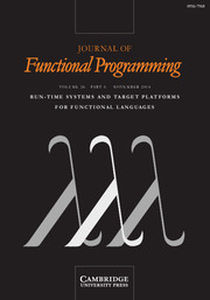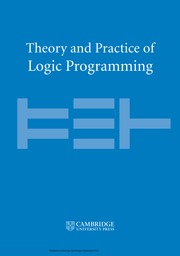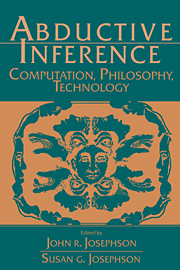
Abductive Inference
Computation, Philosophy, Technology
$58.99 (C)
- Editors:
- John R. Josephson, Ohio State University
- Susan G. Josephson, Ohio State University
- Date Published: August 1996
- availability: Available
- format: Paperback
- isbn: 9780521575454
$
58.99
(C)
Paperback
Other available formats:
Hardback, eBook
Looking for an examination copy?
If you are interested in the title for your course we can consider offering an examination copy. To register your interest please contact [email protected] providing details of the course you are teaching.
-
In informal terms, abductive reasoning involves inferring the best or most plausible explanation from a given set of facts or data. This volume presents new ideas about inferential and information-processing foundations for knowledge and certainty. The authors argue that knowledge arises from experience by processes of abductive inference, in contrast to the view that it arises noninferentially, or that deduction and inductive generalization are enough to account for knowledge. The book tells the story of six generations of increasingly sophisticated generic abduction machines and the discovery of reasoning strategies that make it computationally feasible to form well-justified composite explanatory hypotheses, despite the threat of combinatorial explosion. This book will be of great interest to researchers in AI, cognitive science, and philosophy of science.
Read more- Analyses abduction as an information-processing phenomenon
- The work brings together artificial intelligence and philosophy of science and is rich with implications for other areas
Reviews & endorsements
"This book breaks new ground in the scientific, philosophical, and technological study of abduction." Peirce Project Newsletter
Customer reviews
Not yet reviewed
Be the first to review
Review was not posted due to profanity
×Product details
- Date Published: August 1996
- format: Paperback
- isbn: 9780521575454
- length: 320 pages
- dimensions: 227 x 152 x 16 mm
- weight: 0.434kg
- contains: 59 b/w illus.
- availability: Available
Table of Contents
Introduction
1. Conceptual analysis of abduction: what is abduction?
2. Knowledge-based systems and the science of AI:
3. Two RED systems
4. Generalizing the control strategy
5. More kinds of knowledge: TIPS and PATHEX/LIVER TIPS
6. Better task analysis, better strategy
7. Computational complexity of abduction
8. Diagnostic systems MDX2 and QUADS
9. Practical abduction
10. Perception and language understanding
Appendices.
Sorry, this resource is locked
Please register or sign in to request access. If you are having problems accessing these resources please email [email protected]
Register Sign in» Proceed
You are now leaving the Cambridge University Press website. Your eBook purchase and download will be completed by our partner www.ebooks.com. Please see the permission section of the www.ebooks.com catalogue page for details of the print & copy limits on our eBooks.
Continue ×Are you sure you want to delete your account?
This cannot be undone.
Thank you for your feedback which will help us improve our service.
If you requested a response, we will make sure to get back to you shortly.
×
